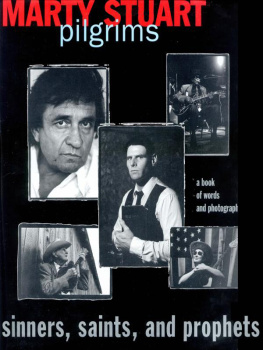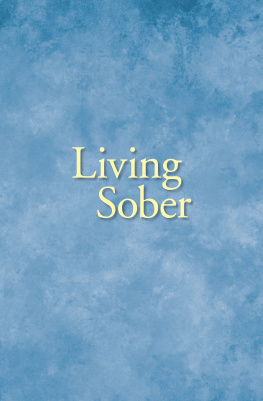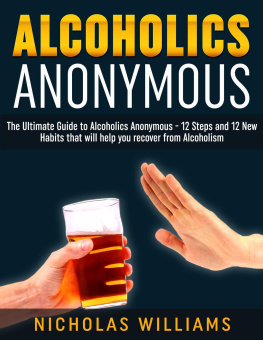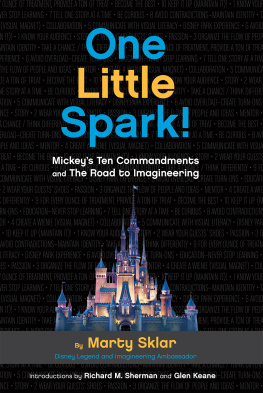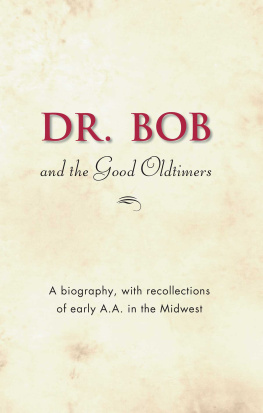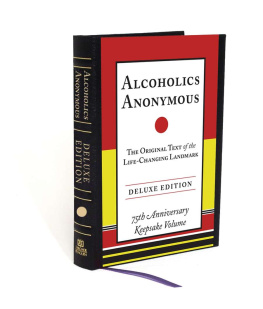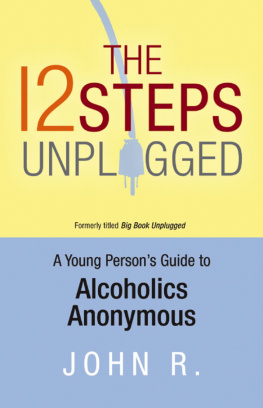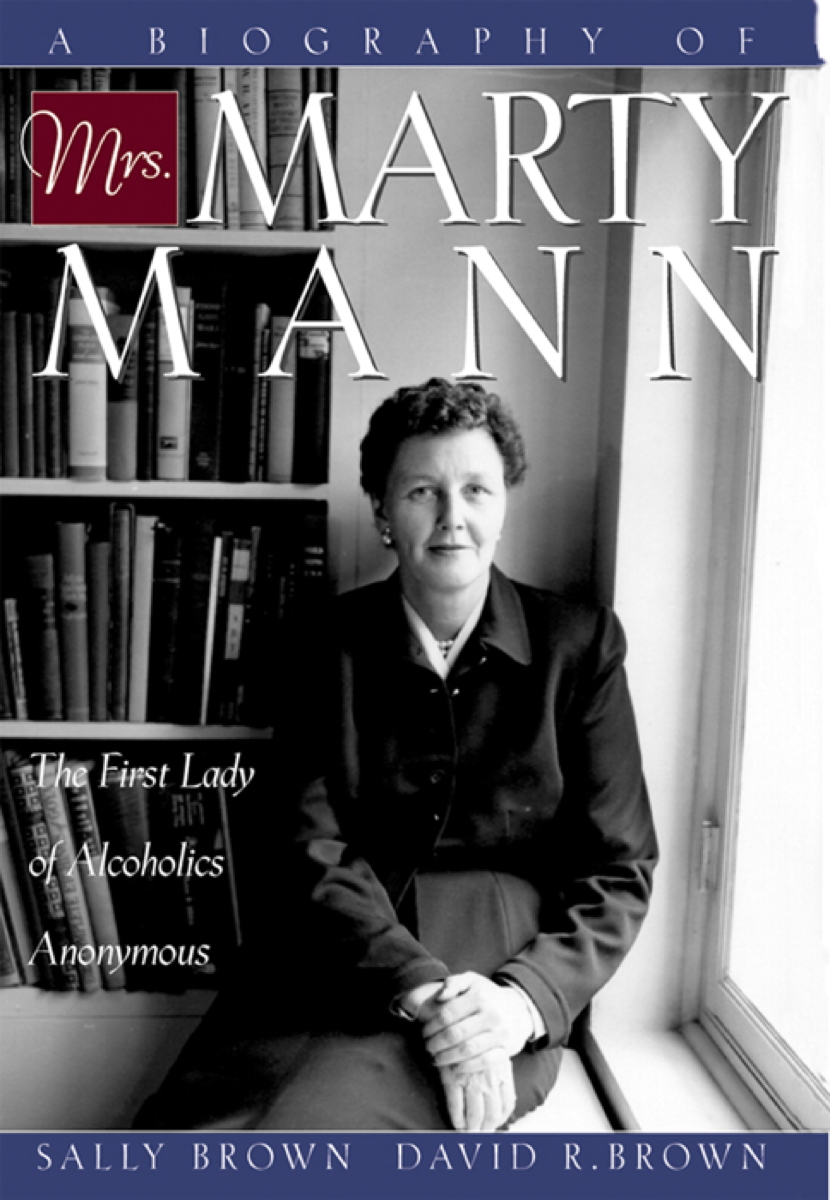Sally Brown - A Biography of Mrs Marty Mann: The First Lady of Alcoholics Anonymous
Here you can read online Sally Brown - A Biography of Mrs Marty Mann: The First Lady of Alcoholics Anonymous full text of the book (entire story) in english for free. Download pdf and epub, get meaning, cover and reviews about this ebook. year: 2011, publisher: Hazelden Publishing, genre: Non-fiction. Description of the work, (preface) as well as reviews are available. Best literature library LitArk.com created for fans of good reading and offers a wide selection of genres:
Romance novel
Science fiction
Adventure
Detective
Science
History
Home and family
Prose
Art
Politics
Computer
Non-fiction
Religion
Business
Children
Humor
Choose a favorite category and find really read worthwhile books. Enjoy immersion in the world of imagination, feel the emotions of the characters or learn something new for yourself, make an fascinating discovery.

- Book:A Biography of Mrs Marty Mann: The First Lady of Alcoholics Anonymous
- Author:
- Publisher:Hazelden Publishing
- Genre:
- Year:2011
- Rating:4 / 5
- Favourites:Add to favourites
- Your mark:
A Biography of Mrs Marty Mann: The First Lady of Alcoholics Anonymous: summary, description and annotation
We offer to read an annotation, description, summary or preface (depends on what the author of the book "A Biography of Mrs Marty Mann: The First Lady of Alcoholics Anonymous" wrote himself). If you haven't found the necessary information about the book — write in the comments, we will try to find it.
The little-known life of Marty Mann rivals a Masterpiece Theatre drama. She was born into a life of wealth and privilege, sank to the lowest depths of poverty and despair, then rose to inspire thousands of others, especially women, to help themselves. The first woman to achieve long-term sobriety in Alcoholics Anonymous, Marty Mann advocated the understanding that alcoholism is an issue of public health, not morality. In their fascinating book, Sally and David Brown shed light on this influential figure in recovery history. Born in Chicago in 1905, Marty was favored with beauty, brains, charisma, phenomenal energy, and a powerful will. She could also out drink anyone in her group of social elites. When her father became penniless, she was forced into work, landed a lucrative public relations position, and a decade later was destitute because of her drinking. She was committed to a psychiatric center in 1938-a time when the term alcoholism was virtually unknown, the only known treatment was drying out, and two men were compiling the book Alcoholics Anonymous. Marty read it on the recommendation of psychiatrist Dr. Harry Tiebout: it was her first step toward sobriety and a long, illustrious career as founder of the National Council on Alcoholism, or NCA.In the early 1950s, journalist Edward R. Murrow selected Marty as one of the 10 greatest living Americans. Marty died of a stroke in 1980, shortly after addressing the AA international convention in New Orleans.This is a story of one womans indefatigable effort and indomitable spirit, compellingly told by Sally and David Brown.
Sally Brown: author's other books
Who wrote A Biography of Mrs Marty Mann: The First Lady of Alcoholics Anonymous? Find out the surname, the name of the author of the book and a list of all author's works by series.


